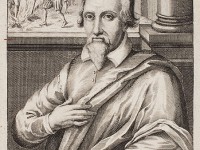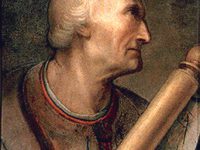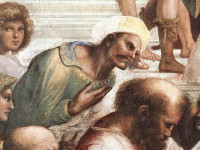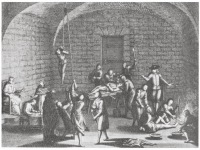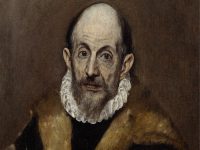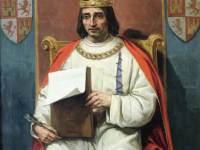Baltasar Gracian and the Art of Wisdom
On January 8, 1601, Spanish Jesuit and baroque prose writer and philosopher Baltasar Gracián y Morales was born. He is best known as the leading Spanish exponent of conceptism (conceptismo), a style of dealing with ideas that involves the use of terse and subtle displays of exaggerated wit. His writings were lauded by Nietzsche and Schopenhauer.[7] “If you cannot make knowledge your servant, make it your friend.” — Baltasar Gracian, The Art of…
Read more


